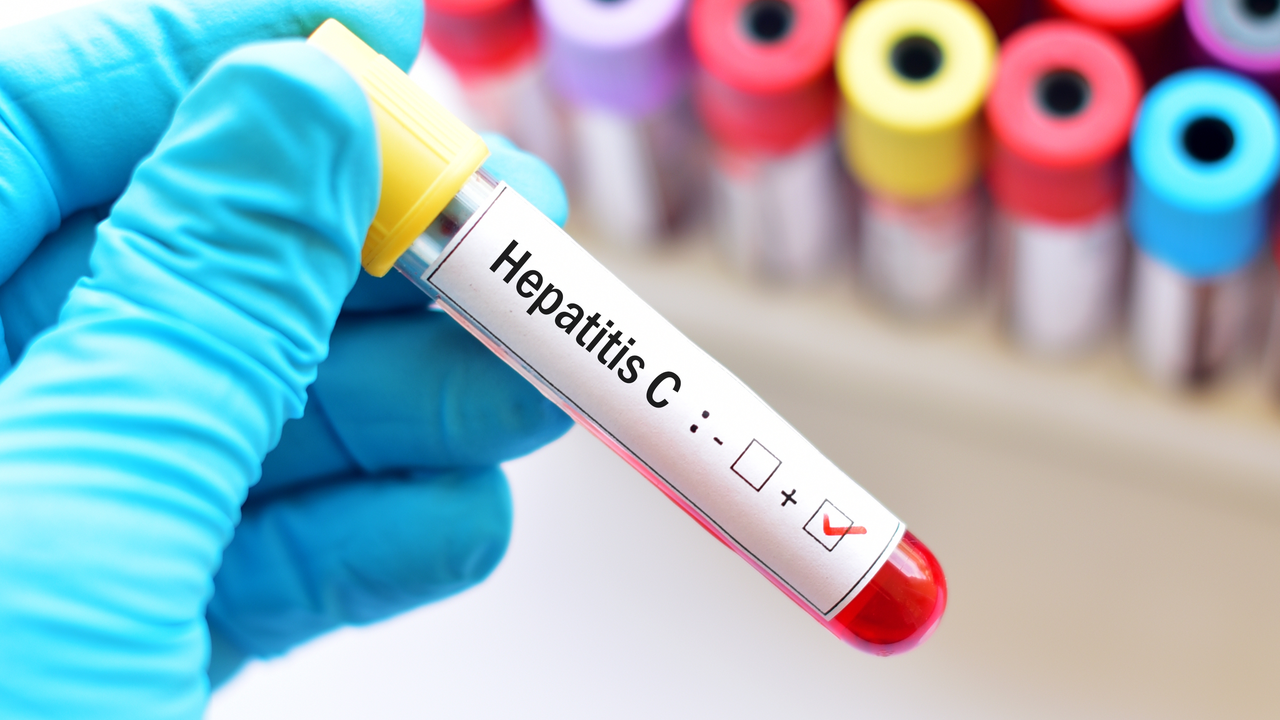Alright folks, here's a juicy one for you - Genotype 3 Chronic Hepatitis C and Pregnancy. Sounds like a riveting thriller, doesn't it? In essence, this is about the intersection of two super important life experiences, so buckle up! This specific type of Hep C can have some pretty unique effects during pregnancy. It's like that one relative who always causes a scene at family gatherings, but in this case, it's your own body stealing the show. So, stay tuned for an enlightening ride on the Hep C rollercoaster - it's going to be a thrilling, bumpy, and enlightening journey!
Pregnancy: Essential Guides, Medications & Supplements
If you’re expecting, the flood of information can feel overwhelming. What you really need are simple answers that help you stay healthy, protect your baby, and keep worries at bay. Below you’ll get straight‑to‑the‑point advice on medicines you can trust, supplements worth taking, and everyday habits that make pregnancy smoother.
Safe Medicines During Pregnancy
First off, never assume a drug is safe just because it’s over the counter. Many pain relievers, allergy pills, or sleep aids cross the placenta and could affect fetal development. The safest bet is to stick with meds that have solid research behind them and get the green light from your doctor.
Acetaminophen (Tylenol) is usually the go‑to for fever or mild pain. It’s been studied extensively and poses low risk when used as directed. Ibuprofen, naproxen, and aspirin should be avoided after the first trimester because they can interfere with blood flow to the baby.
For nausea, vitamin B6 (pyridoxine) combined with doxylamine is a doctor‑approved combo that many expectant moms find helpful. If you need an antibiotic, penicillin‑based options are often safe; avoid tetracycline and fluoroquinolones unless your provider says otherwise.
Always double‑check any prescription refill with your pharmacist. Ask if the medication is classified as Category A or B by the FDA – those are generally considered safer for pregnancy.
Supplements & Lifestyle Tips for Expecting Moms
Prenatal vitamins are a cornerstone of prenatal care. Look for one that supplies 400‑800 µg of folic acid, iron, calcium, and DHA. Folic acid helps prevent neural tube defects, while iron supports the extra blood volume you’ll need.
If your diet is low in certain nutrients, your doctor might suggest extra vitamin D (especially if you live far from the sun) or a magnesium supplement to ease leg cramps. Remember, more isn’t always better – stick to the recommended doses.
Staying active can reduce back pain and boost mood. A daily 30‑minute walk, prenatal yoga, or gentle swimming are all safe options for most pregnancies. If you have any medical condition like hypertension or high‑risk pregnancy, check with your provider before starting a new routine.
Hydration matters too. Aim for at least eight glasses of water a day to keep amniotic fluid levels steady and help prevent constipation, which is common in the third trimester.
Lastly, keep an eye on red‑flag symptoms: sudden swelling, severe headaches, vision changes, or bleeding. Those could signal complications like preeclampsia and need immediate medical attention.
Pregnancy is a unique journey that blends excitement with challenges. By choosing proven medicines, taking the right supplements, and listening to your body, you set up a solid foundation for both you and your baby. Need more specific guidance? Reach out to a healthcare professional – they’re there to help you navigate every step.

